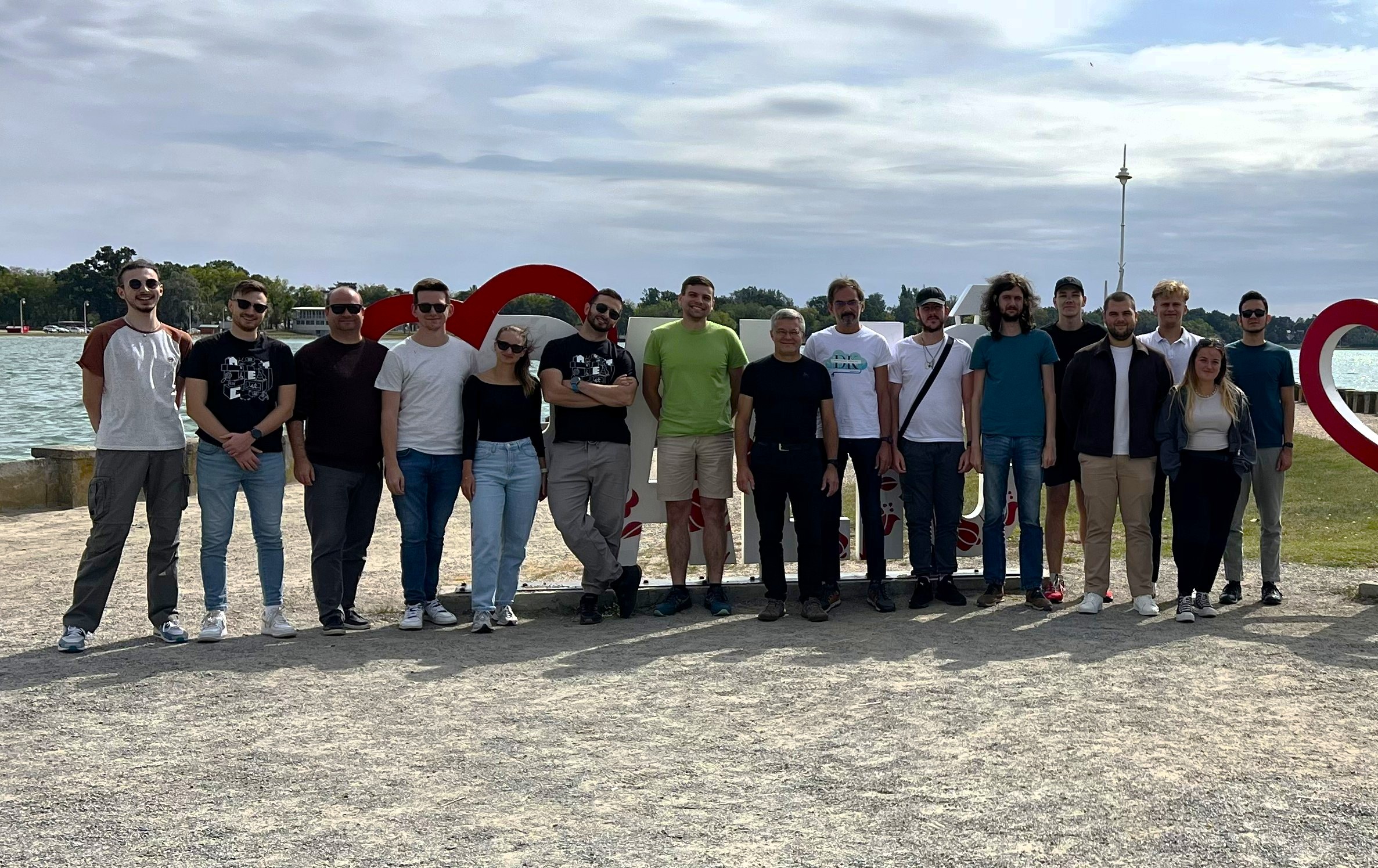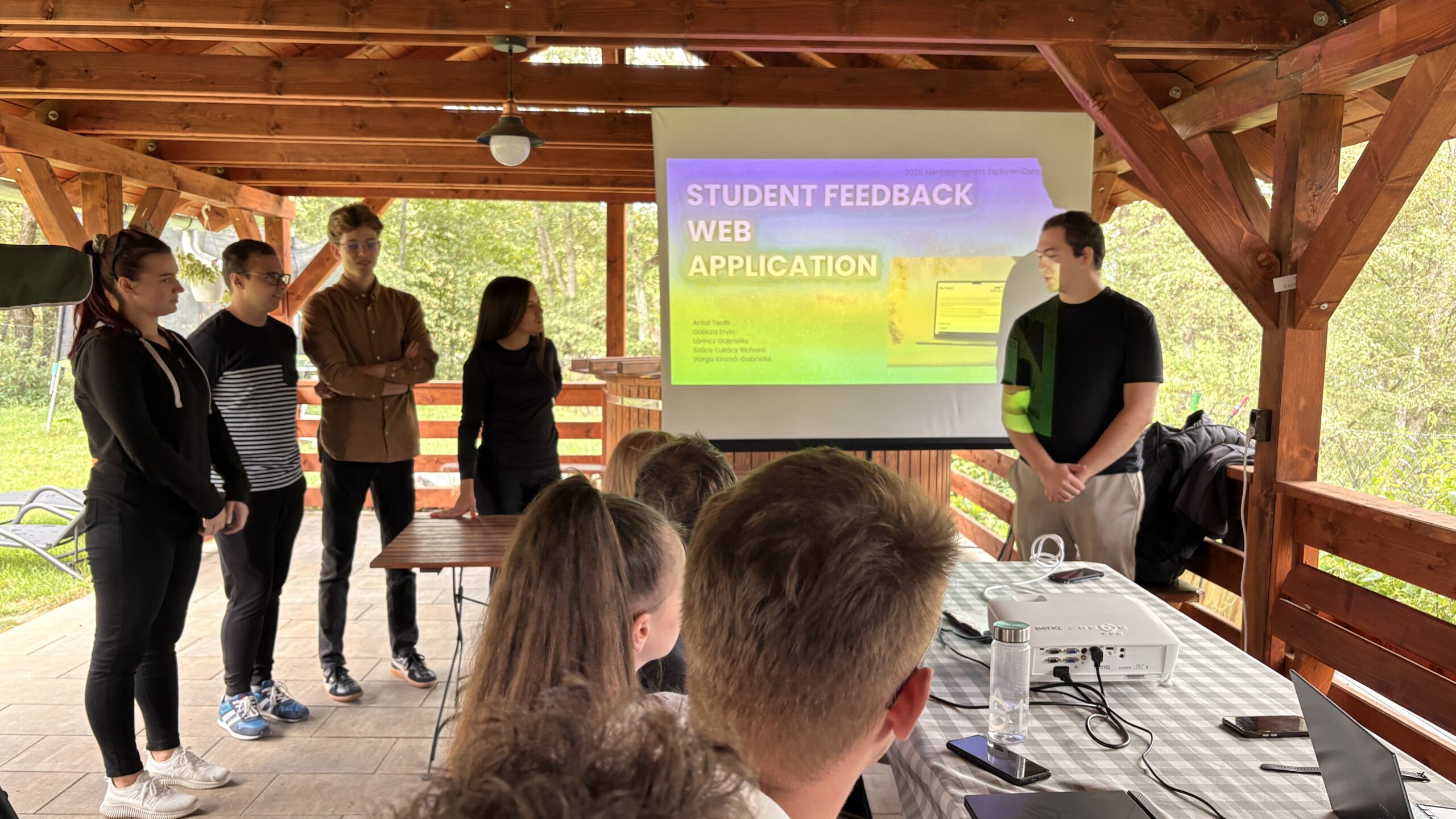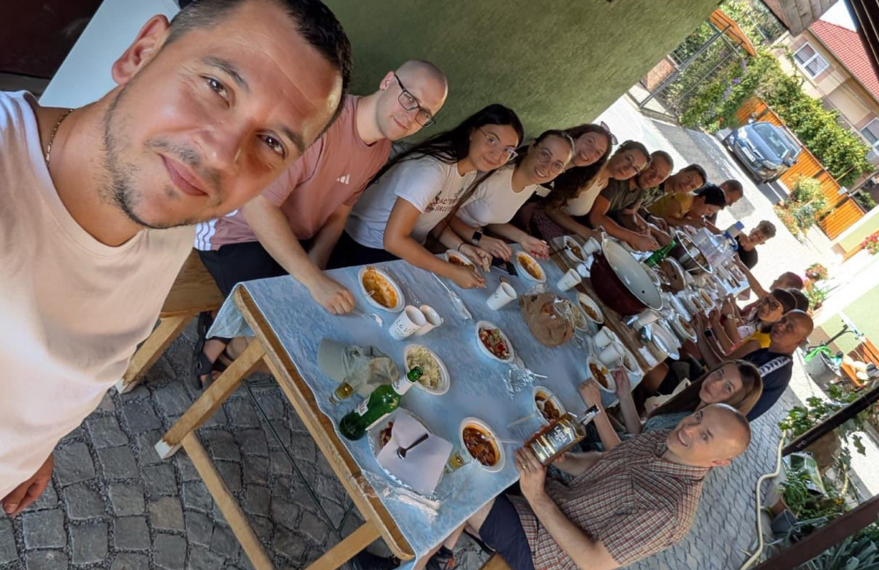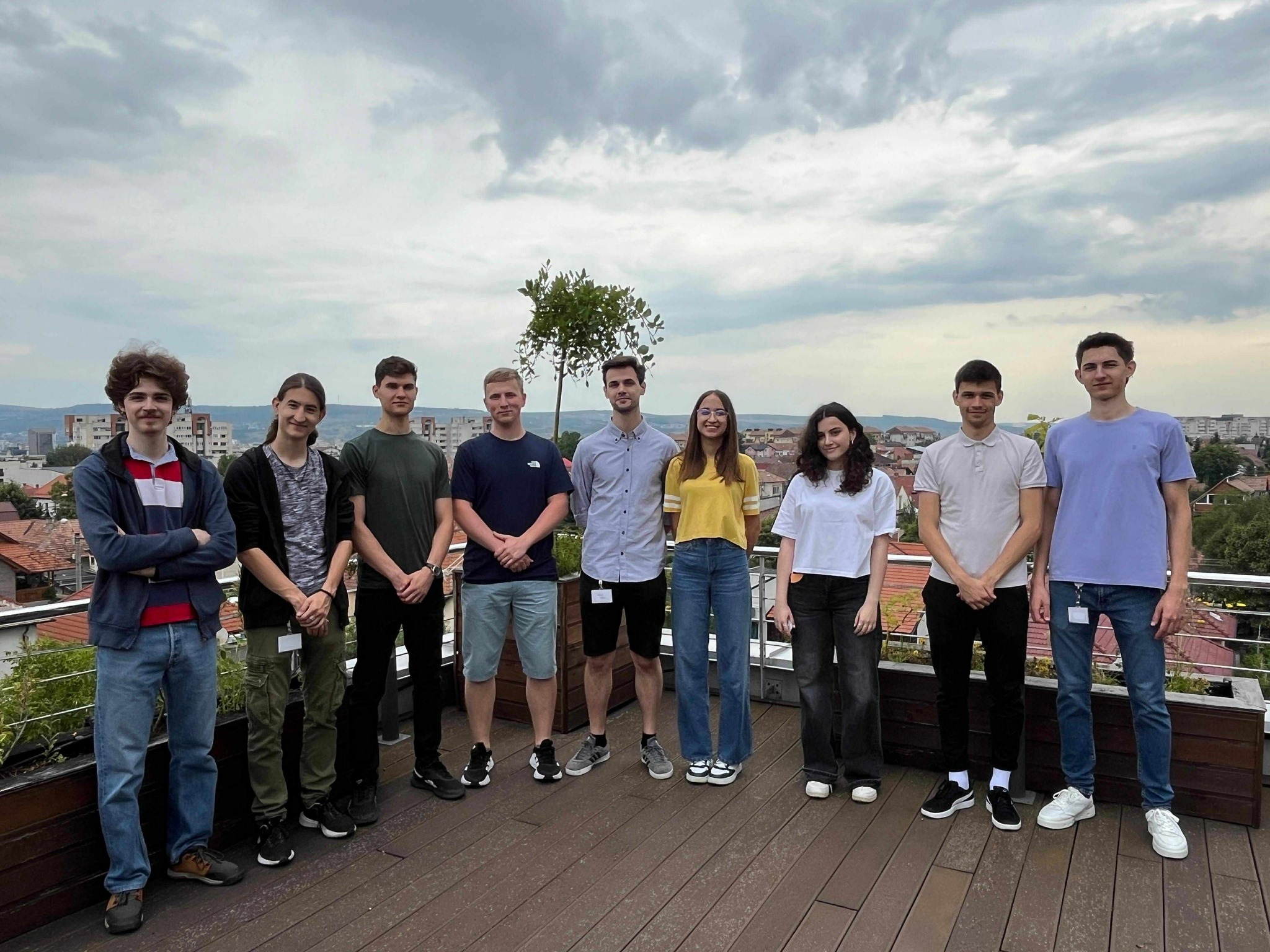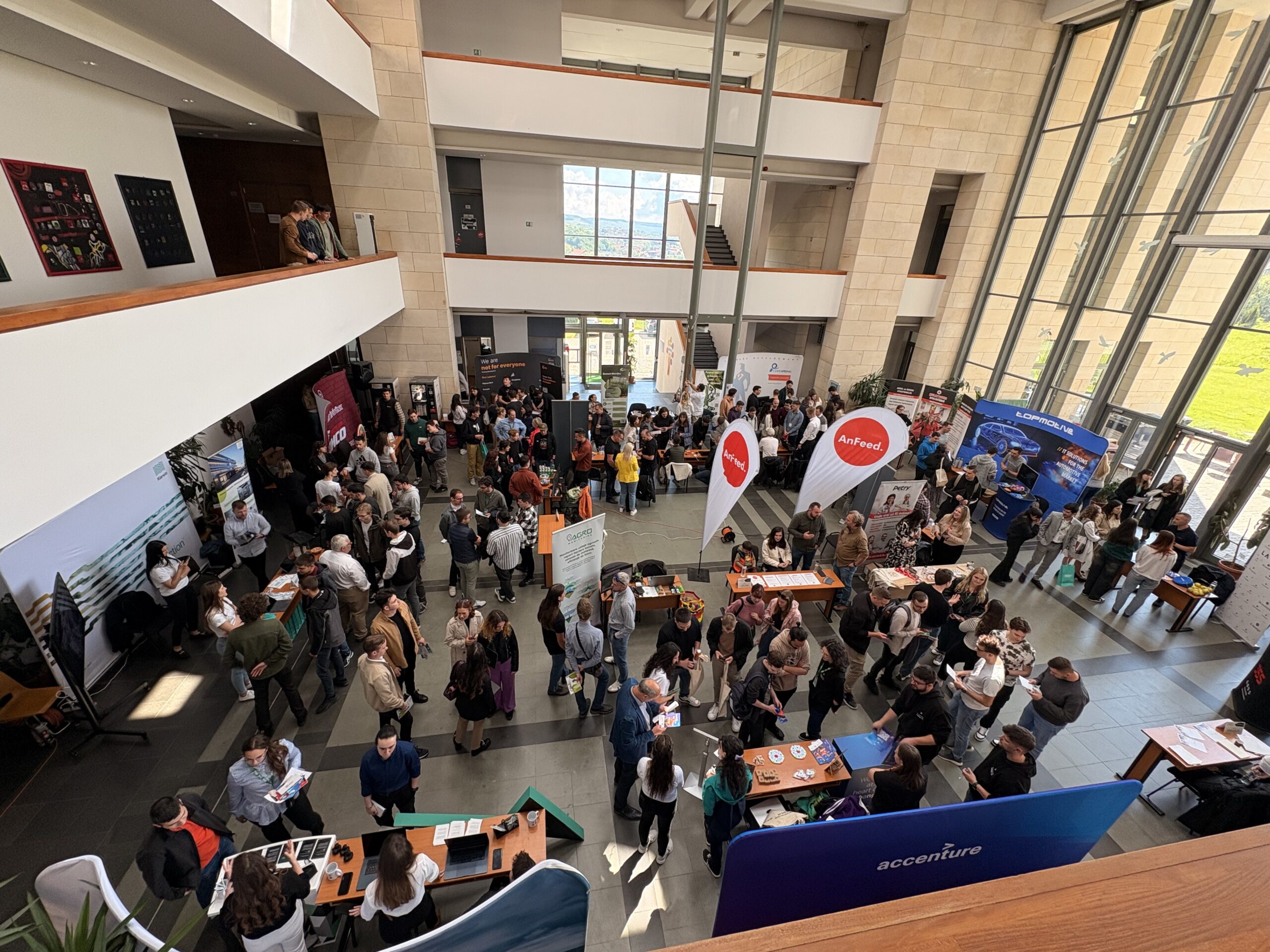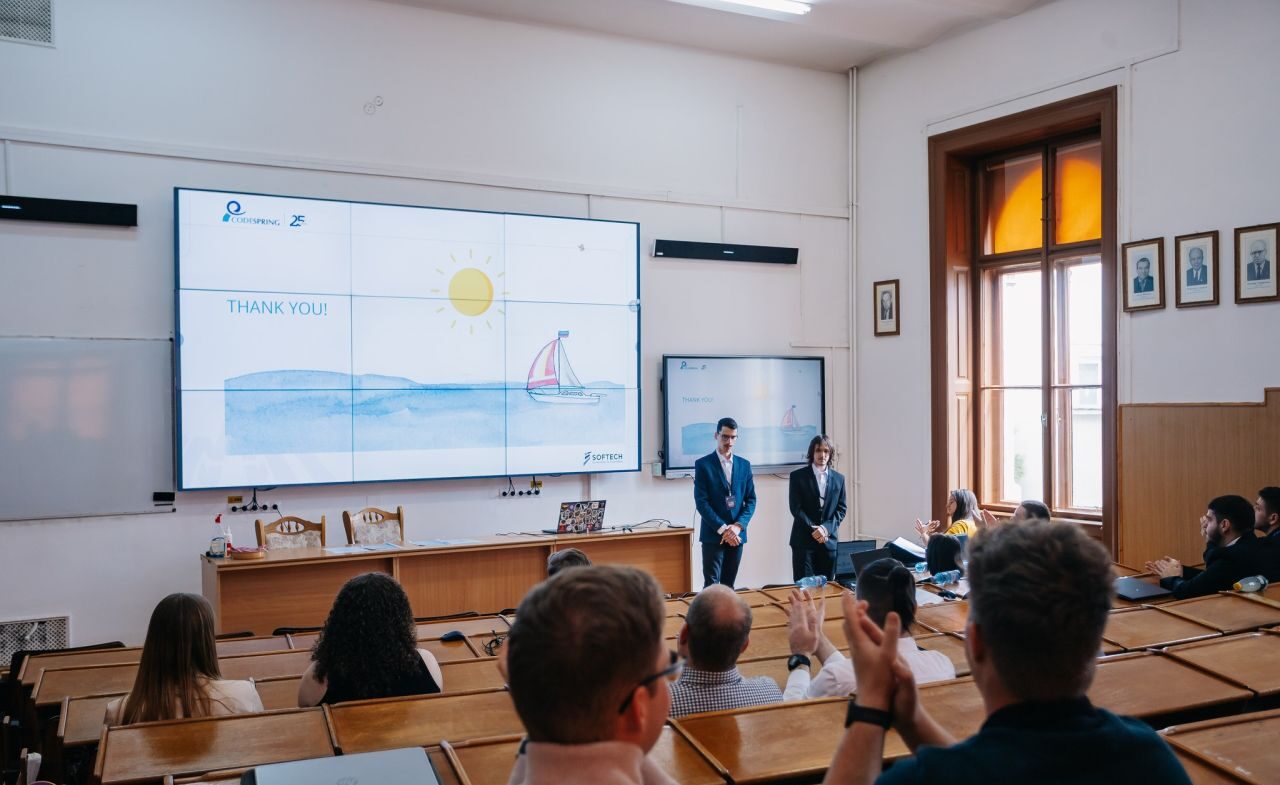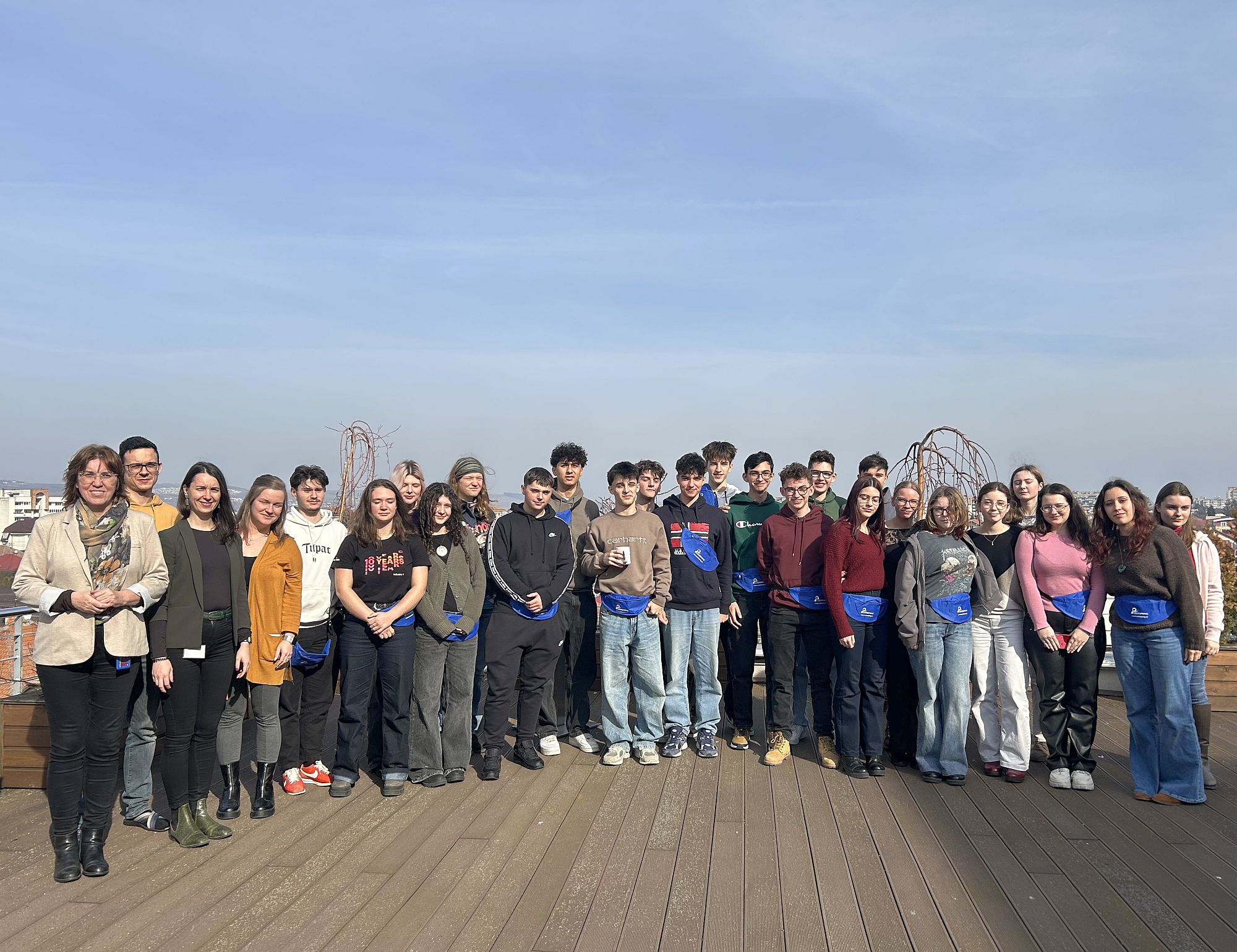As previously showcased Codespring is an active supporter of the academic scientific community. This year, we had the occasion to take part to a special research tutored by the Danish Aalborg University. Two Romanian student researchers studying International Business Economics, have been assigned to study an interesting subject: why and how did Romanian IT SMEs go international? Led by Mr. Arnim Decker – Assistant Professor at the Faculty of Social Sciences, Department of business and Management, of Aalborg University, the two authors – Mr. Paul Musteata and Mr. Bogdan Dobrescu have based their research mainly on primary sources and direct analysis. Due to their successful academic project, they honored us with sharing the findings of the research named: “Romanian IT SMEs: a Journey to Internationalization” (June 2013).
According to the author’s introductory note, due to the fact that IT industry in Romania is quite a recent phenomenon, there is little large scale research available. At their supervisor suggestion, they focused on selecting a set of six SMEs from Romania and to apply direct interviews to their top management personnel. The selection included the following companies: Codespring, Feper, Fortech, Ambo, Accesa and Avaelgo.
The goal of the before mentioned project is to “offer a better understanding of an emerging country’s industry that is considered essential in today’s context of business and daily activities”. Two research questions arose:
“1. What do the discussed articles* (our note: used as analysis base for the mentioned research) predict about the internationalization process of the interviewed Romanian SMEs? What do they learn from this process?
2. What are the current main opportunities and challenges regarding internationalization for the Romanian SMEs interviewed?”
The conclusions are revealing: IT SMEs chose internationalization from various reasons and have different motivations, but in the end: “the main reasons for internationalization are profit, growth and market opportunity.”– As the two authors conclude. Attached to this there were found great interest in having access to different know-how on industry specific target-market. This may be an incentive to qualitative growth of the provided services and handled projects.
Secondly, the challenges and opportunities that Romanian IT SMEs are facing may be summed up as follows:
- Challenges: maintain competitive advantage and market share, facing cultural factors and the identification of resources for an efficient growth.
- Opportunities: growing demand for software development and the room for building international partnerships.
As a final note, we must quote the authors remarks on our own company: “Codespring has one of the most well developed networks and business etiquette that we interviewed. […]Being a founder member of the IT Cluj Cluster and members of ARIES, we believe the fact that Codespring is a great inspiration to smaller and younger IT SMEs. They are one of the most internationalized companies we interviewed having a business network that expands all over the world.[… ] We believe that Codespring is one of the top SMEs that the Romanian IT cluster has, with vast software products, international exposure and highly qualified employees.” (pages 36-38 of the study).
We officially thank the two authors and their supervisor for their initiative and we must admit that we always strive to deliver good customer service and to live up to the expectations of our stakeholders. We know it is a difficult task but it worth trying.
Codespring encourages such initiatives and we are keen to participate in other studies that bring more information about the industry and the business environment.


